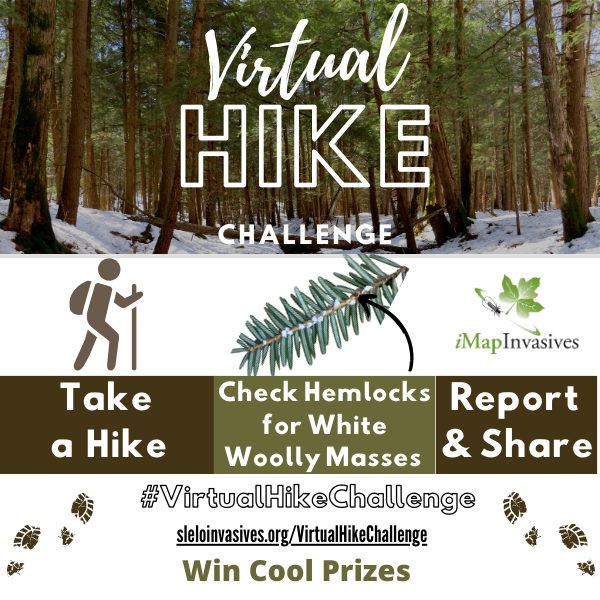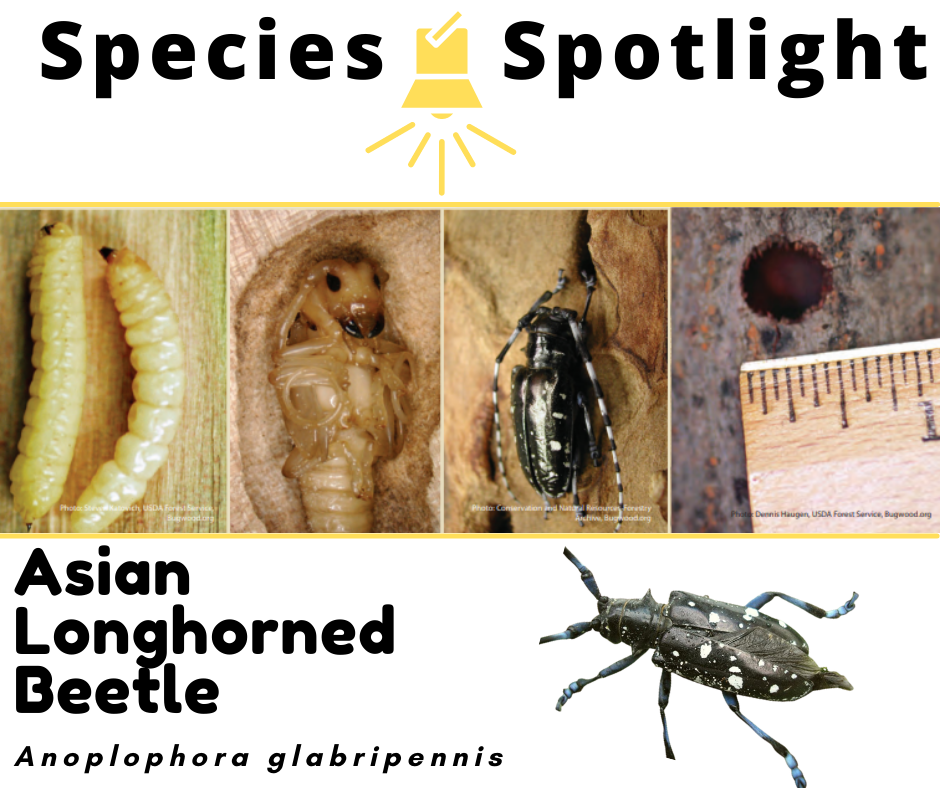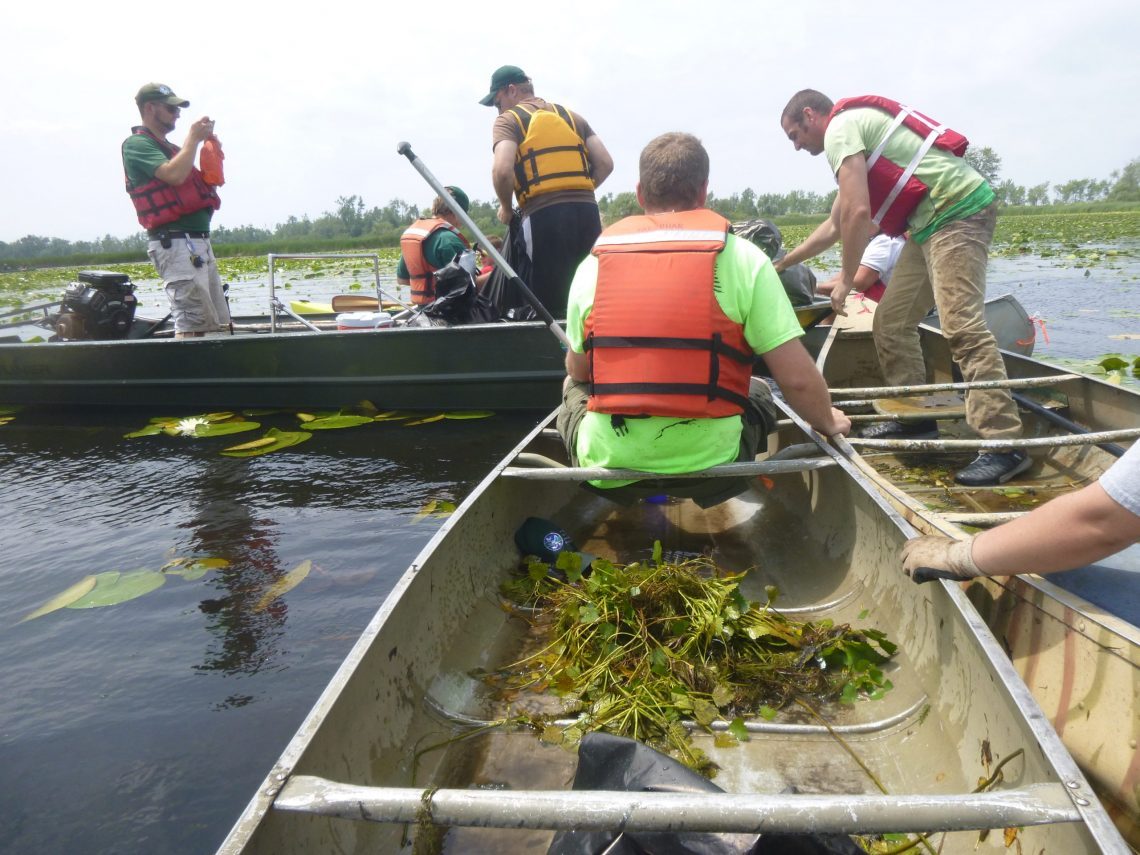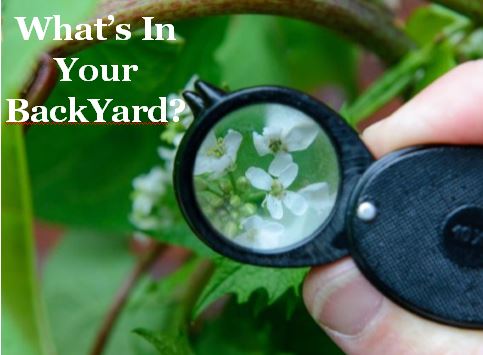Learn of invasive species educational resources and activites you can enjoy with your family or students!
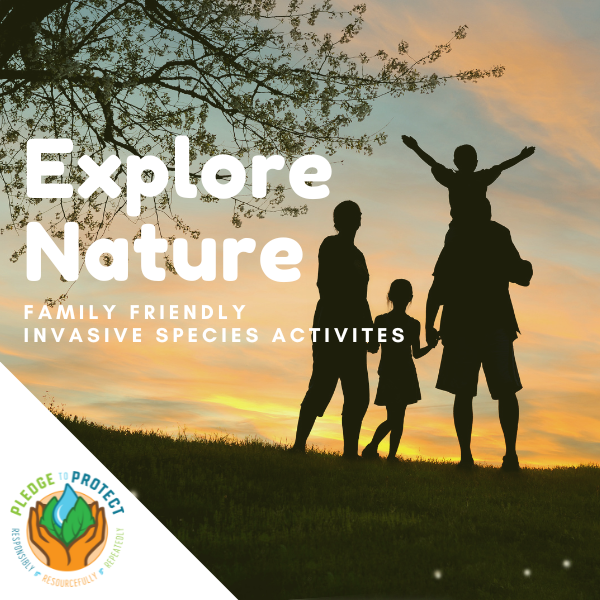
Protector’s Activity: Family Friendly Invasive Species Activities
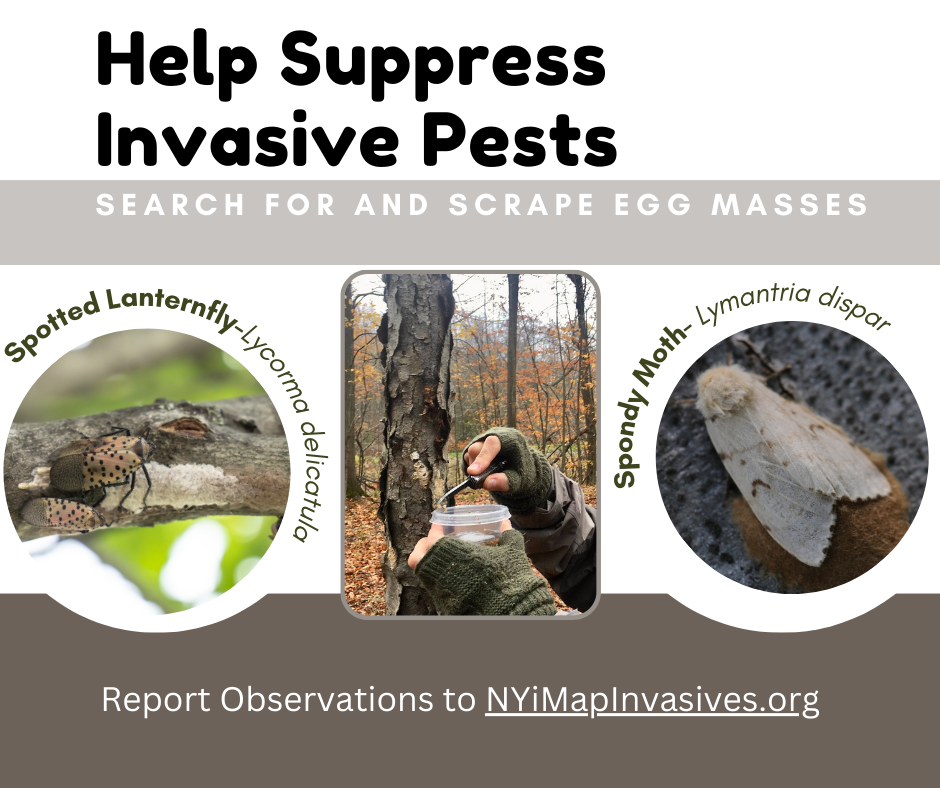
Help Suppress Invasive Pests
The spotted lanternfly and spongy moth are two invasive insects that lay eggs on trees and other flat surfaces. Fall and winter are ideal times to check your trees and backyard for egg masses that could be from these pests. Removing egg masses helps to suppress new populations of these invasive species that would otherwise hatch in the spring.
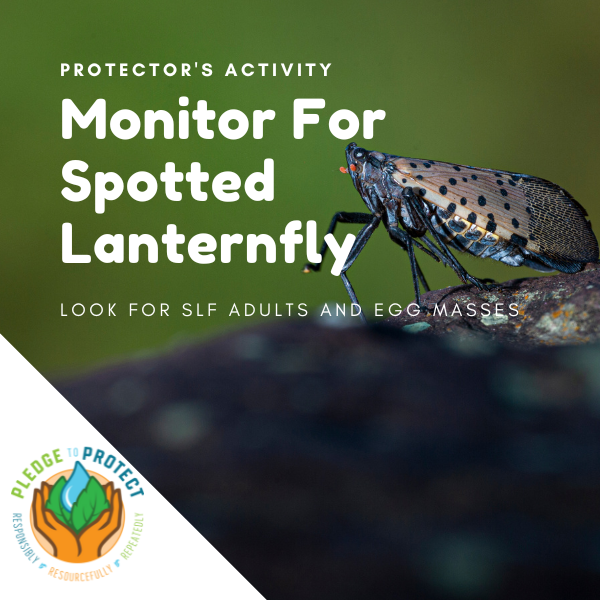
Protector’s Activity: Monitor for Spotted Lanternfly
Spotted lanternfly lay their eggs in the fall. Keep an eye out for adults until cold weather and for egg masses now through the winter. Learn what to look for and what to do if you find SLF in this Protector’s blog.
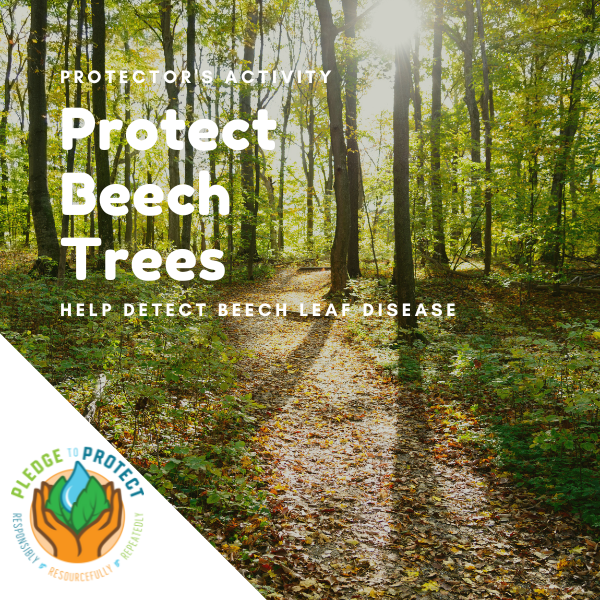
Protector’s Activity: Help Track Beech Leaf Disease
Beech leaf disease (BLD) is the newest threat to beech trees and is spreading rapidly across the Northeastern United States and Canada. You can help by learning to recognize and report BLD.
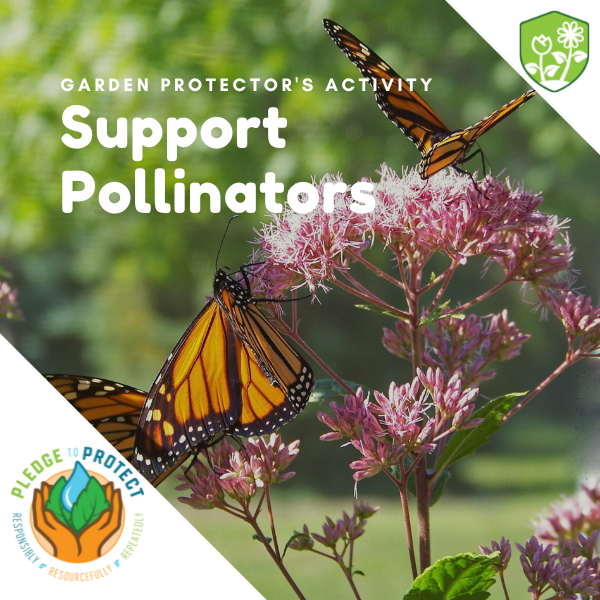
Garden Protector’s Activity: Supporting Pollinators
Specialized relationships exist between plants, animals, pollinators, and other insects. Invasive species threaten native plants and wildlife by altering the natural habitats on which native species depend.
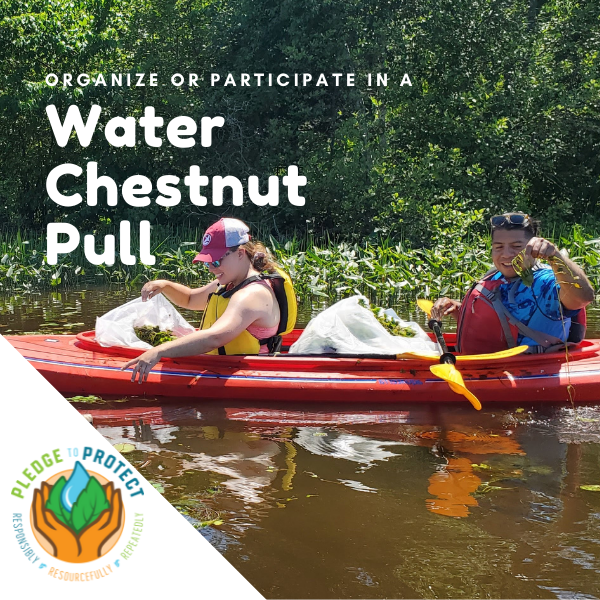
Removing Water Chestnut by Hand
Removing water chestnut by hand is a fun and effective way to suppress their populations. Check out this blog to learn how to organize a hand-pull on your own waterfront property!
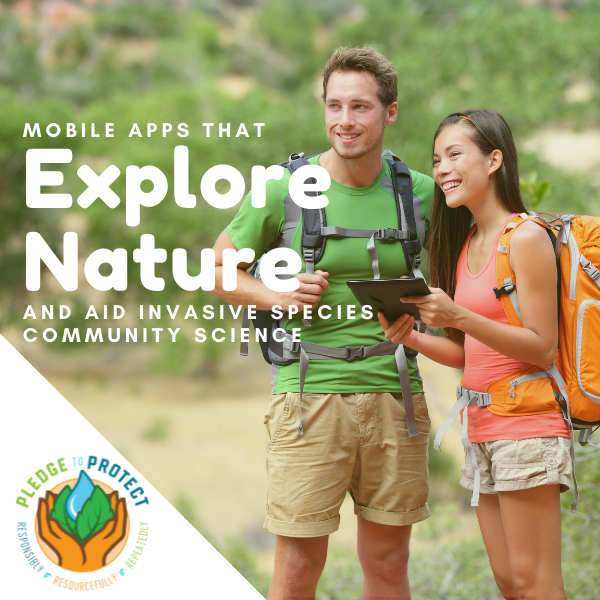
Mobile Apps That Explore Nature and Aid Invasive Species Community Science
Explore nature while you’re hitting the trails this summer with some really neat mobile apps that aid invasive species community science.
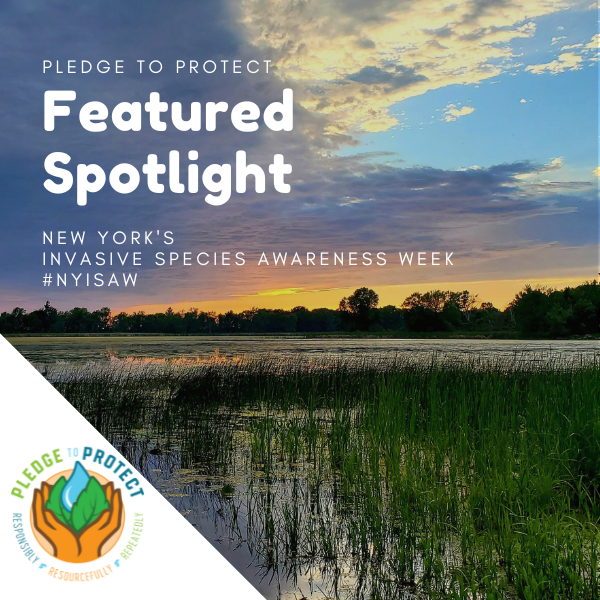
Protector’s Featured Spotlight: Join NYISAW
Join guided hikes, paddles, webinars and other events happening across the state for New York’s Invasive Species Awareness Week from June 6th-12th!

Protector’s Activity: Native Alternatives to Common Invasive Garden Plants
Many invasive plants were once considered desirable ornamentals that were intentionally introduced to our gardens and landscapes only to escape into natural environments. Learn of native alternatives to common invasive garden plants.
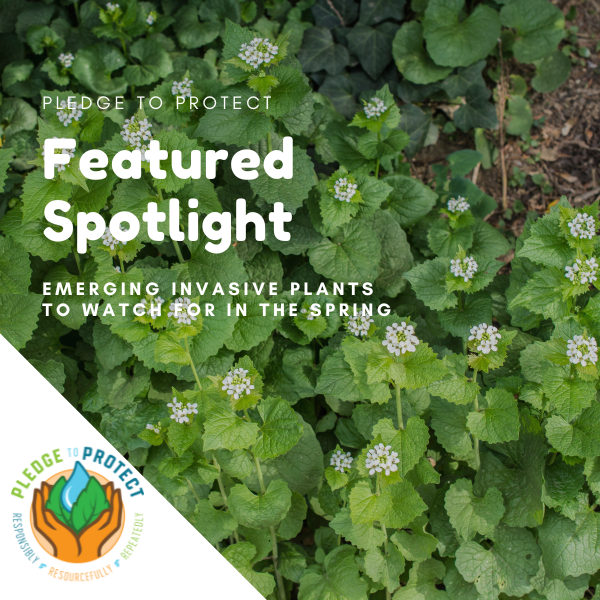
Protector’s Featured Spotlight: Emerging Invasives
Spring is finally here and invasive species are starting to emerge. Keep an eye out for these common backyard terrestrial and dockside invasives.
